#charlie and the chocolate factory icons
Photo

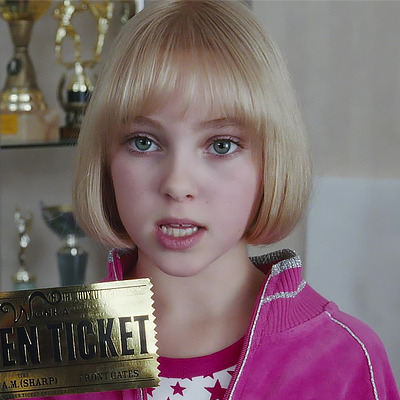

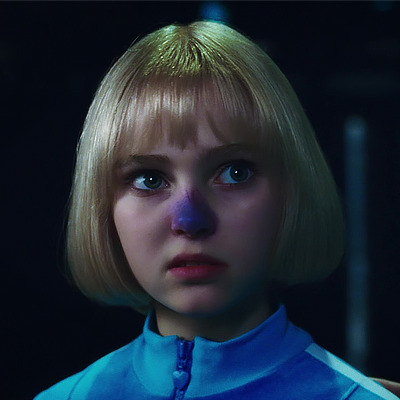
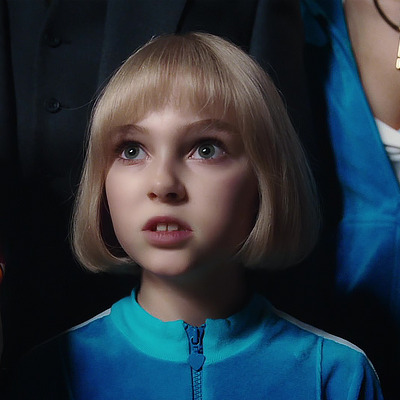
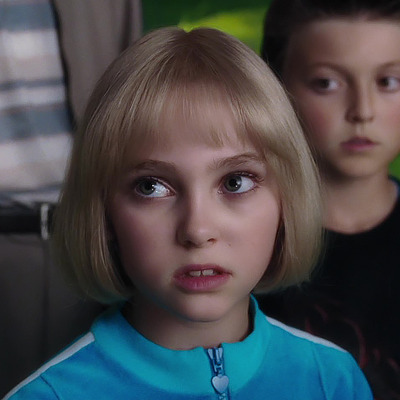
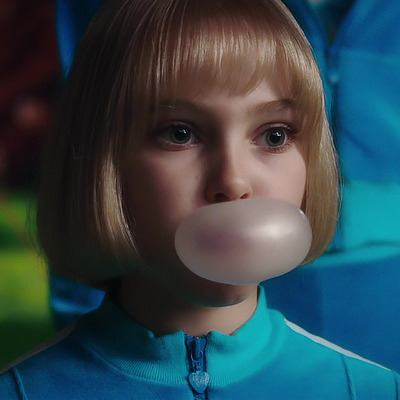
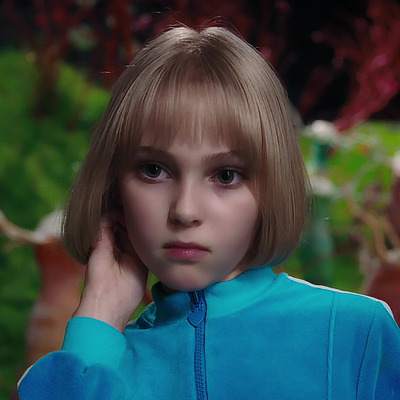
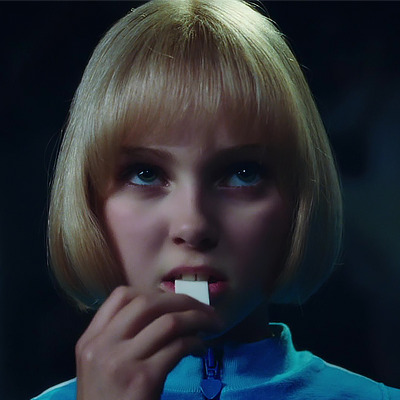
#charlie and the chocolate factory#charlie and the chocolate factory icons#violet beauregarde#violet beauregarde icons#icons#annasophia robb#annasophia robb icons#movie#movies icons#violet#violet icons#icon#girls icons#twitter icons#without psd
94 notes
·
View notes
Text
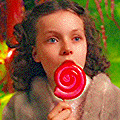



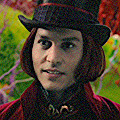
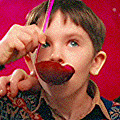
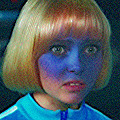


🚀ᔘCharlie and the chocolate factory random icons
“chocolate não precisa ter sentido, por isso é doce.”
☆. do not repost! (((➘ não reposte!
☆. fav if you use (((➘ favorite se você usar
☆. credits are appreciated (((➘ créditos são apreciados
☆. suggestions? ask (((➘ sugestões? ask
icons by: @pinklime-art
#icons#random icons#charlie and the chocolate factory#charlie and the chocolate factory icons#jhonny depp#jhonny depp icons#willy wonka#violet beauregarde#veruca salt#augustus gloop#charlie bucket#mike teavee#veruca icons#charlie bucket icons#violet icons#mike icons#augustus icons#willy wonka icons#120x120#120x120 icons#spirit icons#aesthetic icons#social spirit
92 notes
·
View notes
Text

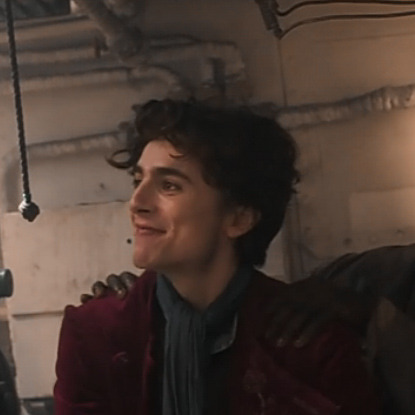

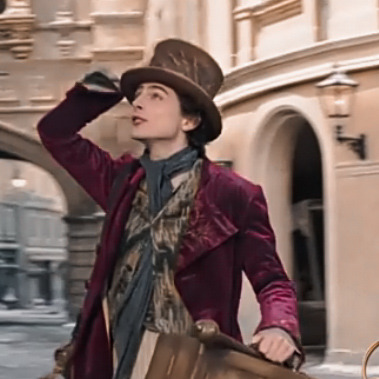
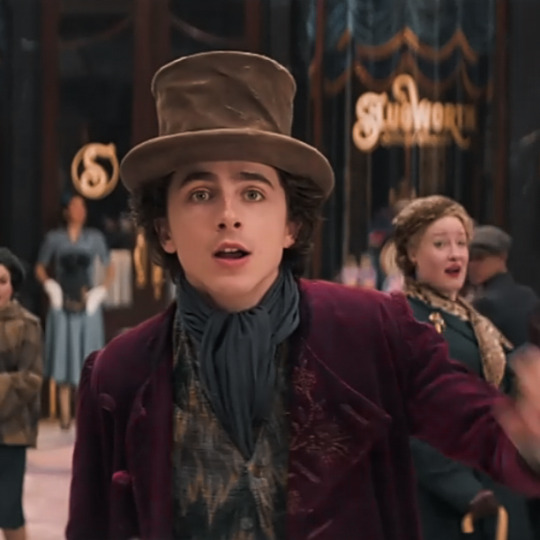
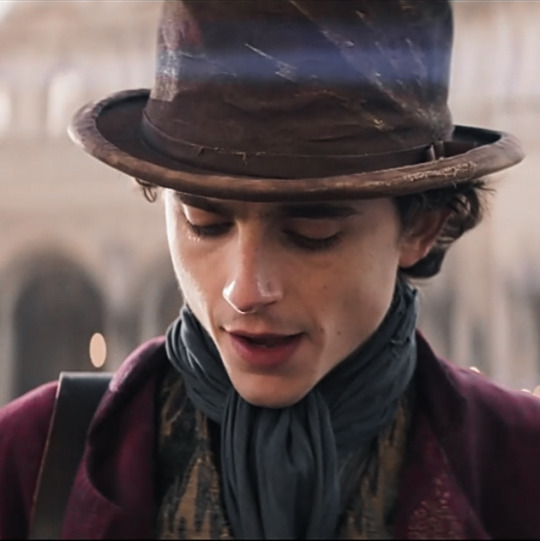
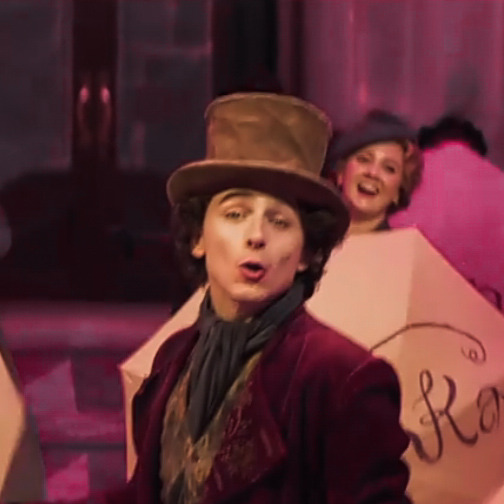

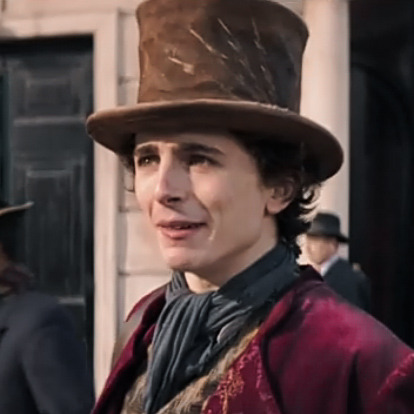
Wonka, 2023
If use, please like and/or reblog
+ Small bonus:

#wonka#wonka 2023#willy wonka#wonka movie#timothée chalamet#timothee chamalet#charlie and the chocolate factory#pure imagination#icons#twitter icons#twitter packs#headers#twitter headers#twitter header pack
153 notes
·
View notes
Text

#mood mood mood#what an absolute icon#willy wonka#johnny depp#charlie and the chocolate factory#catcf 2005#willy wonka: human disaster
80 notes
·
View notes
Text
"look at me. i had no family and i'm a giant success"
#random thoughts#iconic charlie and the chocolate factory quote. don't even ask at this point#MY CHILDHOOD. let me choke nostalgia to death with my bare hands and relive everything.
3 notes
·
View notes
Text


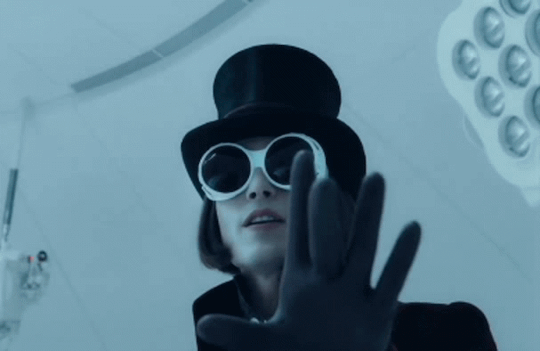
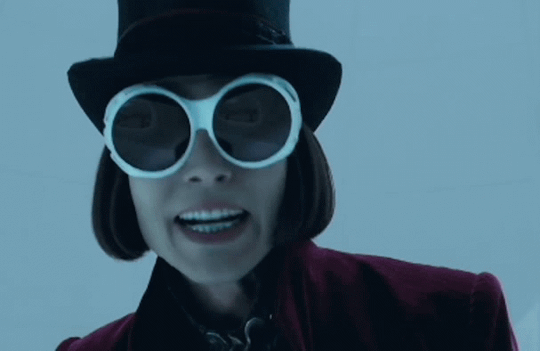

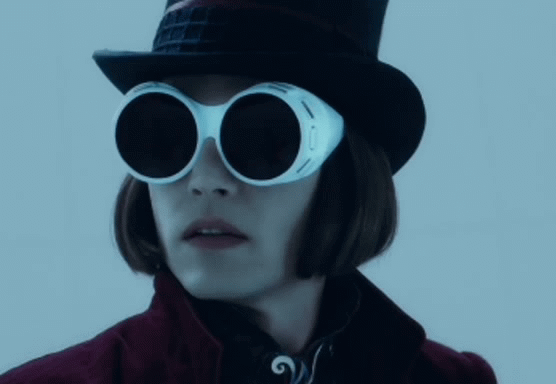
Wonka + TV goggles 🎩🍫🍭
#charlie and the chocolate factory#willy wonka#willywonkagif#johnny depp#team johnny depp#justice for johnny depp#i stand with johnny depp#what an iconic look
27 notes
·
View notes
Text

Crane | Sparrow
DEPP June 9, 1963
#johnny depp#jack sparrow#pirates of the caribbean#sleepy hollow#ed wood#sweeney todd#rango 2011#alice in wonderland#corpse bride#charlie and the chocolate factory#edward scissorhands#21 jump street#a nightmare on elm street#depp vs heard#johnny depp vs amber heard#happy birthday#happy bday#cinema icons#actorslife#cinema#film#movies#cinematography#hollywood#cinematicvideo#filmmaking#disney#disney movies#epic movie#great movie
13 notes
·
View notes
Text
Absolutely losing it over these pics of Remko!Wonka he's so ,,,,
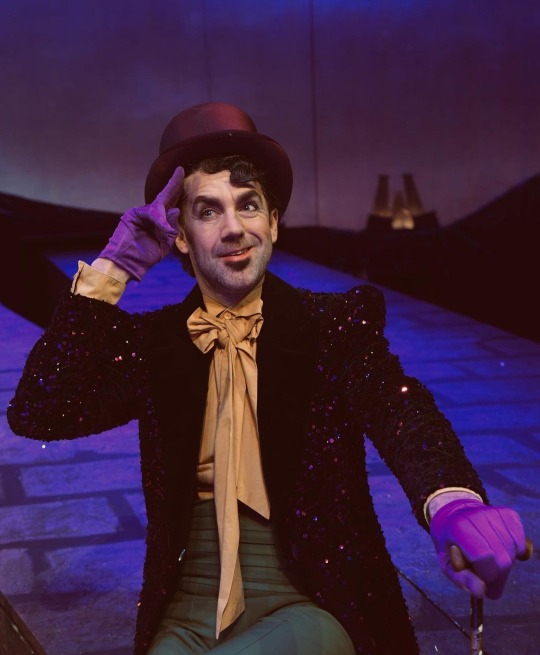
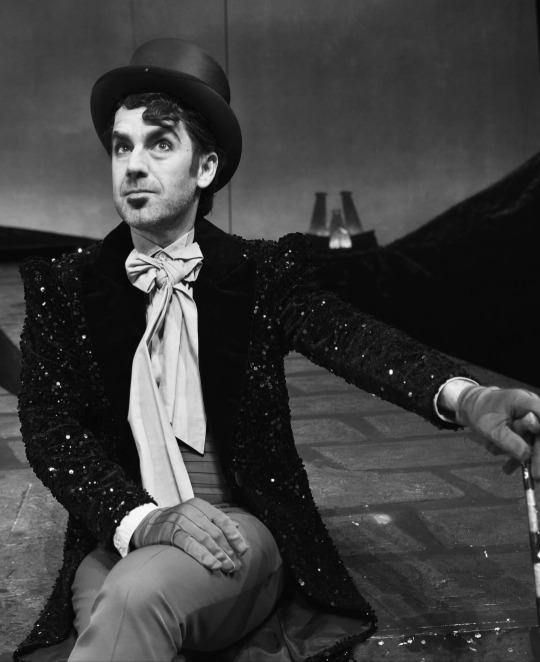
(full post including some more BANGER pics)
#this man is making me question my sexuality#literally THE Wonka ever#autistic icon#catcf#charlie and the chocolate factory#catcf dutch tour#catcf musical
4 notes
·
View notes
Text
I live for Johnny Depp's facial expressions as Willy Wonka.
6 notes
·
View notes
Text




I colorpicked a pan flag and a lesbian flag from Ethel Televison 💖
welcome to my weakness
#catcf#ethel teavee#charlie and the chocolate factory#nala edits#pansexual#lesbian#icons#flags#aaa#a#mrs teavee
6 notes
·
View notes
Photo
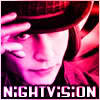
#Nightvision#Willy Wonka#Charlie & The Chocolate Factory#Johnny Depp#Icons#Avatars#Buddy Icons#LiveJournal#GreatestJournal#Live Journal#Photoshop
0 notes
Text
‘SNL 1975’ Finds Its Garrett Morris, Dan Aykroyd, Chevy Chase And John Belushi
By Justin Kroll, Anthony D'Alessandro
January 30, 2024 10:00am
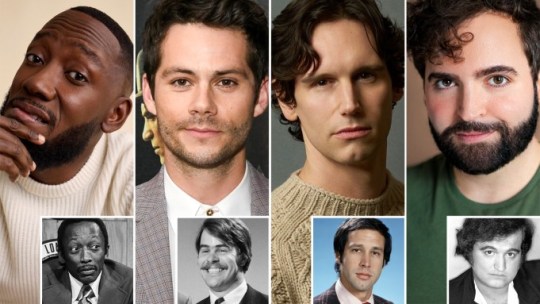
Lamorne Morris playing Garrett Morris, Dylan O’Brien playing Dan Aykroyd, Cory Michael Smith playing Chevy Chase and Matt Wood playing John Belushi
EXCLUSIVE: Lamorne Morris, Dylan O’Brien, Cory Michael Smith and Matt Wood have joined the cast of Sony Pictures’ SNL 1975 that will be directed by Jason Reitman and based on the real-life behind the scenes accounts of the opening night of Saturday Night Live. Morris will play Garrett Morris, O’Brien will play Dan Aykroyd, Smith will play Chevy Chase, and Wood will play Belushi. The original screenplay is written by Reitman and Gil Kenan.
On October 11, 1975, a ferocious troupe of young comedians and writers changed television forever. SNL 1975 is the true story of what happened behind the scenes that night in the moments leading up to the first broadcast of NBC’s SNL. It depicts the chaos and magic of a revolution that almost wasn’t, counting down the minutes in real time to the infamous words, “Live from New York, it’s Saturday Night!”
The screenplay is based on an extensive series of interviews conducted by Reitman and Kenan with all the living cast members, writers and crew. Reitman, Kenan, Jason Blumenfeld, Erica Mills and Peter Rice are producing.
Morris can currently be seen in FX’s fifth season of Noah Hawley’s hit drama series Fargo as North Dakota Deputy Witt Farr. He joined the cast of Netflix’s Unstable for season two opposite Rob Lowe. Prior to this, he starred as the titular lead in the hybrid live-action/animated Hulu series Woke, inspired by the life and art of cartoonist Keith Knight.
O’Brien was most recently starring in Ponyboi, which premiered as one of ten films in the U.S. Dramatic Competition at the 2024 Sundance Film Festival. Up next, he will be seen in the feature films Caddo Lake, from the writing-directing team of Logan George and Celine Held and producer M. Night Shyamalan, and Anniversary, a thriller co-starring Diane Lane, Kyle Chandler, Zoey Deutch and Phoebe Dynevor. His other credits include Searchlight feature Not Okay from writer-director Quinn Shephard, the critically-acclaimed crime drama The Outfit, opposite Mark Rylance, Zoey Deutch, and Johnny Flynn; Paramount’s Love and Monsters and the popular Maze Runner franchise
Best known for his role on as the Riddler on the popular Fox series Gotham, Smith can currently be seen as Julianne Moore’s son in Todd Haynes’ May December. He most recently starred as Varian Fry in Anna Winger’s limited series Transatlantic opposite Gillian Jacobs and Corey Stoll for Netflix. Smith has also worked with Todd Haynes in both Carol (as private investigator Tommy Tucker) and Wonderstruck.
Wood has appeared in the original Broadway cast of Spongebob Squarepants and as husky kid icon Augustus Gloop in the Broadway First National Tour of Charlie and the Chocolate Factory. Television credits include Law and Order: SVU, Instinct and Difficult People.
Morris is represented by CAA, Entertainment 360, The Lede Company, and Myman Greenspan Fox Rosenberg Mobasser Younger & Light. O’Brien is repped by William Morris Endeavor Entertainment, Principal Entertainment LA, and Lichter, Grossman, Nichols, Feldman, Rogal, Shikora & Clark. Smith is repped by Circle of Confusion. Wood is repped by BRS/Gage Talent Agency.
Source: deadline.com
141 notes
·
View notes
Text
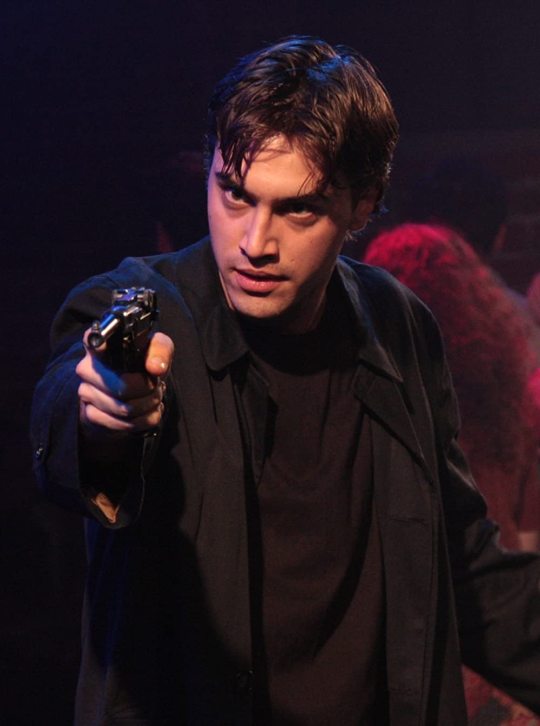

jd propaganda
people went INSANE about this man who literally killed and murdered
willy wonka propaganda
Ok cmon. It's Willy Wonka. We all know that man is insane. He needs someone to take over the chocolate factory for him, and in the musical, it's pretty clear he already chose Charlie, but decides to get some of the snobbiest, shittiest kids he can find and ruin their lives. And by that I mean kill them. Very graphically. Such examples being Augustus who is turned into chocolate ("Cause as a boy he was so-so, but he'll make tasty fudge") and Veruca being torn apart by squirrels ("Veruca Salt Was once en pointe, but watch as we dislocate each joint. Her ballet career is looking grim, as we tear her apart from limb to limb") . In the song Strike That, Reverse It, Wonka grabs a huge contract and wraps the contestants around in it, very quickly rattling off all the terms, confusing them so much that they just sign without actually knowing what's in the contract, so my fun little head cannon is that he totally put something in there about not being responsible for their injuries and death, along with psychological warfare being totally viable.
Basically the entire musical he tortures these children while getting the Oompa Loompas to sing about how terrible they all are just for shits and giggles, which I deem iconic and Jokery
73 notes
·
View notes
Text
♡ FILMS FOR FAUNLET FASHION INSPO ♡
~~Got bored so compiled this (pretty extensive) list of film references for faunlet style and aesthetics, might be helpful for anyone looking to delve into and develop their style. Don't take this as some kind of gospel, it's just a bunch of movies and shows that I think can be useful reference points. My personal style and taste for example is a huge mix and amalgalm of stuff I see, from movie characters to paintings, books, comics, cartoons, music videos, haute couture collections, K- and J-idols, BJD dolls, even elements and staples from female fashion that I kind of genderflip or just outright mix into and merge with my own "masculine"/boyish/whatever faunlet fits. I think the secret to finding your style is to never limit yourself & always be creative (& clever ofc)! ♡
Feel free to suggest and tell me some of your personal films/shows that inspire you the most. I'm sure I forgot some stuff >.> Hope this helps somewhat lolol
WARNING: A LOT OF THESE HAVE MATURE THEMES AND +18 STUFF, SO DO RESEARCH BEFORE WATCHING AND PROCEED AT YOUR OWN DISCRETION, CAUTION & RESPONSIBILITY!
I. Academia/Schoolboy/Old Money/Preppy/Classic Faunlet Vibes
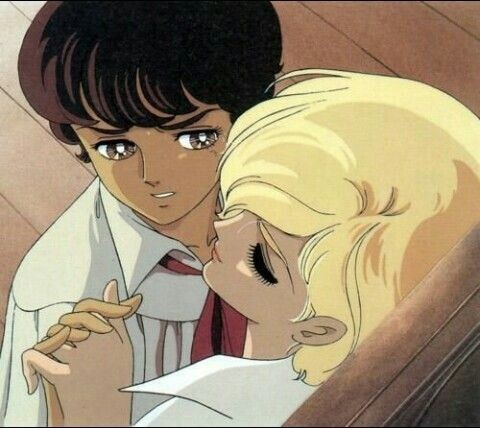
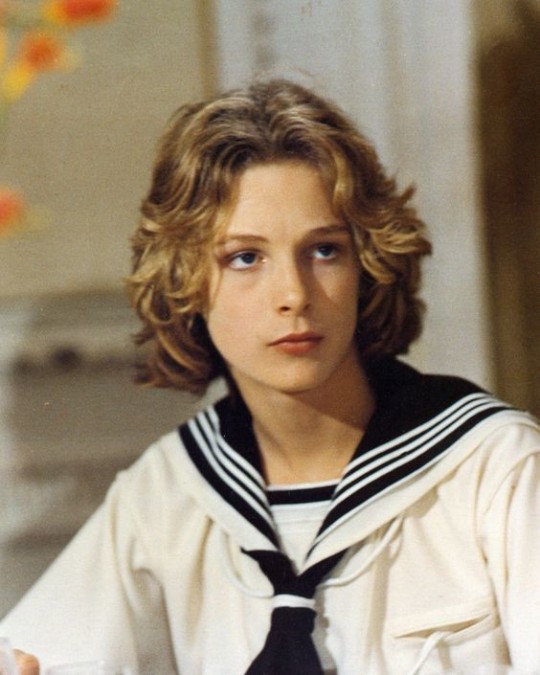
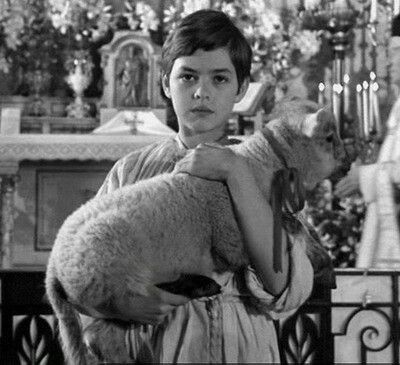
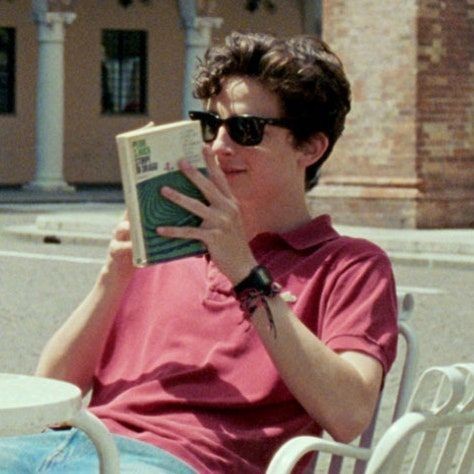
Les Amitiés particulières by Jean Delannoy
A Series of Unfortunate Events (Film and show)
Both versions of Charlie and the Chocolate Factory
Lord of the Flies (both versions tbh)
The Lion The Witch and the Wardrobe by Andrew Adamson
Kaze to ki no Uta + Natsu e no Tobira (Honestly most shounen ai anime especially from the 80s/90s)
CLAMP Gakuen Tanteidan
Kuroshitsuji i.e. Black Butler (probably the most famous ouji aka male lolita-influenced anime out there)
Ouran High School Host Club
Cardcaptor Sakura (Li's fits especially but also Touya's and Yukito's)
The Long Day Closes + The Neon Bible, by Terence Davies
If... by Lindsay Anderson
The Butcher Boy by Neil Jordan
Tea and Sympathy by Vincent Minnelli
Purple Noon by René Clément
Sleepers by Barry Levinson
The Basketball Diaries by Scott Kalvert
School Ties by Robert Mandel
The Dangerous Lives of the Altar Boys by Peter Care
Blue Spring by Toshiaki Toyoda
Death in Venice by Luchino Visconti
East of Eden (also Splendor in the Grass I guess?) by Elia Kazan
Lacombe Lucien (+ Au Revoir Les Enfants) by Louis Malle
Bad Education by Pedro Almodóvar
The Ice Storm by Ang Lee
La Luna + The Dreamers by Bernardo Bertolucci
Teorema by PP Pasolini (also Saló tbh bt I feel kinda weird recommending that lmfao even though it's a pretty well-established masterpiece & one of my favs)
Total Eclipse by Agnieszka Holland (teenage Arthur Rimbaud is a core faunler reference tbh, strange that I don't see him brought up more, though he's been a queer/twink culture icon for ages so yeah)
Les roseaux sauvages by André Téchiné
Call Me by Your Name by Luca Guadagnino
Deep Red by Dario Argento (only for the flashback Xmas scenes with the creepy little boy in knee-highs and Mary Janes tbh lol)
The Omen by Richard Donner
The Good Son by Joseph Ruben
Pinnocchio (OG Disney animation) (you could make a double feature with A.I. Artificial Intelligence by Spielberg/Kubrick too)
Les 400 coups by François Truffaut
L'enfance nue by Maurice Pialat
A Single Man by Tom Ford
Looking for Langston by Isaac Julien
Sacré College, Garçons d'Etage, Scouts and Gamins de Paris by JD Cadinot (WARNING: Cadinot's films are basically erotica/arthouse vintage gay p*rn so obviously 18+!!!!!)
II. More Contemporary/Gas Station/Trashy/Greaser/Hustler/Catalet Faunlet Vibes
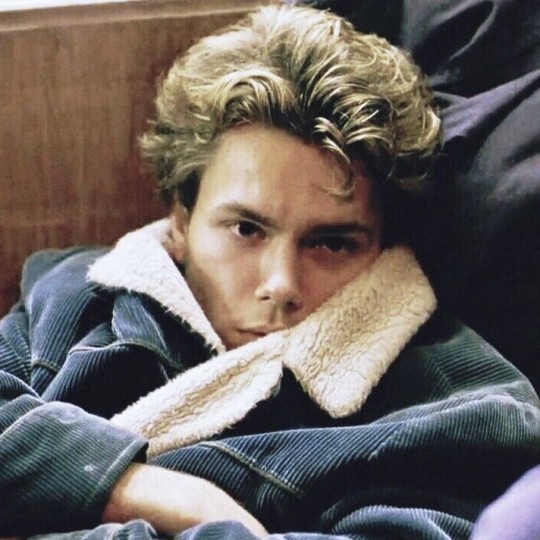
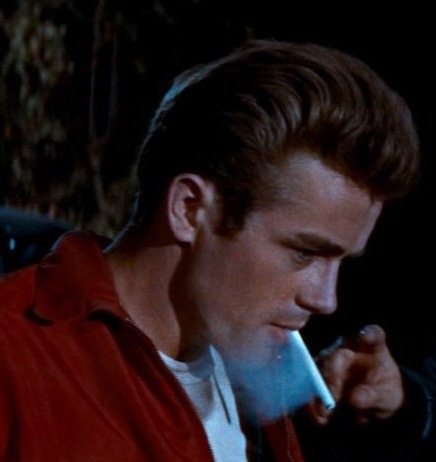
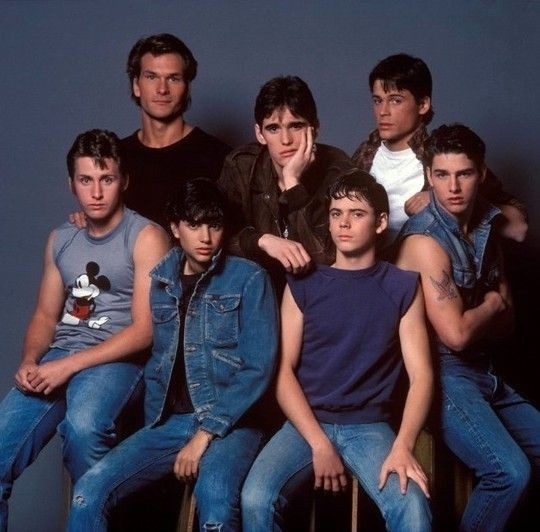
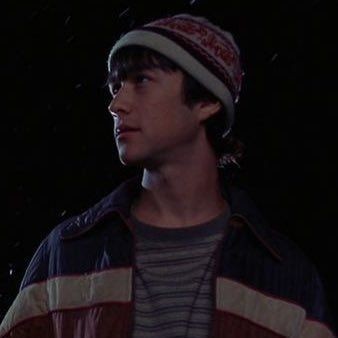
My Own Private Idaho (also Mala Noche and Elephant) by Gus Van Sant
Slight Fever of a 20-Year-Old + Like Grains of Sand by Ryosuke Hashiguchi
Mysterious Skin + Totally Fucked Up + Nowhere by Gregg Araki
Hustler White by Bruce LaBruce (+18)
Rebel Without a Cause by Nicholas Ray
Cry Baby + Polyester by John Waters
Pretty much any juvenile delinquent teensploitation 40s/50s Old Hollywood flick tbh
The Outsiders by FF Coppola
A Cruel Story of Youth + Sing a Song of Sex by Nagisa Oshima
Most of Edward Furlong and Vicent Kartheiser's 90s filmography (Pet Semetary 2, Brainscan, Little Odessa for Furlong; Heaven Sent, Another Day in Paradise, Masterminds for Vincent)
River's Edge by Tim Hunter
Young Soul Rebels by Isaac Julien
Sleepaway Camp by Robert Hiltzik
Le Diable Probablement by Robert Bresson
Permanent Green Light + Like Cattle Towards Glow (+18) by Zac Farley & Dennis Cooper
Pauline à la Plage by Eric Rohmer
The Smell of Us + Ken Park by Larry Clark
Flesh by Paul Morrissey
Lonesome Cowboys by Andy Warhol
Cruising by William Friedkin
Un couteau dans le cœur by Yann Gonzalez (though most of the male fashion in this is just ripping off Friedkin's Cruising and Cadinot films like Aime... comme Minet, Deuxième Sous-sol and Les Minets Sauvages so you could just watch those instead I guess lol)
Equation à un Inconnu by Francis Savel (erotica/+18)
Rebels of the Neon God by Tsai Ming Liang
Fireworks + Scorpio Rising by Kenneth Anger
Dope by Rick Famuyiwa
Cooley High by Michael Schultz
The Inkwell by Matty Rich
Red Hook Summer by Spike Lee
George Washington by David Gordon Green
American Graffiti by George Lucas and Bill Norton
All About Lily Chou-Chou by Shunji Iwai
Stand by Me by Rob Reiner
The Mudge Boy by Michael Burke
US Go Home by Claire Denis
Gummo by Harmony Korine
L.I.E. by Michael Cuesta
Palo Alto by Gia Coppola
Spetters by Paul Verhoeven
Fox and His Friends by RW Fassbinder
The Pit by Lew Lehman
O Fantasma by João Pedro Rodrigues
The Delta by Ira Sachs
What Have I Done to Deserve This + Law of Desire by Pedro Almodovar
The Partridge Family sitcom tbh lol, also the 70s era of the Mickey Mouse Club, pretty much any 70s media featuring male idols of the time like David Cassidy, Leif Garrett etc
Dazed and Confused by Richard Linklater
The Lost Boys by Joel Schumacher
Y Tu Mamá Tambièn by Alfonso Cuarón
Summer 85 by François Ozon
Les Chansons d'Amour + La Belle Personne by Christophe Honoré
Body Without Soul + Not Angels But Angels by Wiktor Grodecki (personally rly dislike the weird Christian melodramatic & imo exploitative direction of these documentaries bt the boys who are interviewed do the best they can to salvage it -- quintessential East European 90s cityboy looks)
III. Fantasy/Glam/Mystical/Sacred/Ancient/Historical Faunlet Vibes
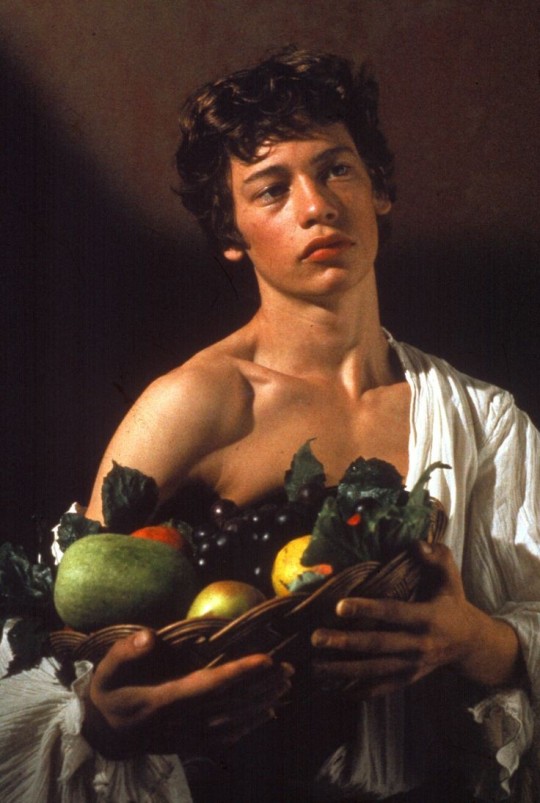
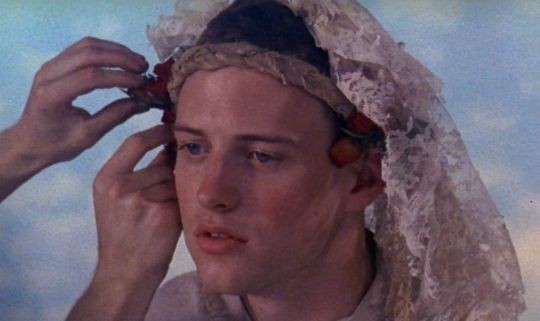
Pink Narcissus by James Bidgood
Caravaggio + Sebastiane by Derek Jarman
Peter Pan (any version tbh)
Fantasia (1940 Disney classic)
Tabou by Nagisa Oshima
Poison + Velvet Goldmine by Todd Haynes
Party Monster by Fenton Bailey
Satyricon by Federico Fellini
Der Rosenkönig by Werner Schroeter
The Blood of a Poet by Jean Cocteau
#faunlet#faunlet aesthetic#(Honestly almost didn’t post this cus a magician never reveals his secrets but was feeling kind & altruistic today sjsjsjs)#not sure if im keeping this on the blog 4 good bt u all can reblog it so itll live on 6ever#faunlet nation#this was on my drafts 4 a long time
380 notes
·
View notes
Text
IM LITERALLY DEAD FREDDIE HIGHMORE REPRISED HIS ROLE OF CHARLIE TO MAKE FUN OF THE GLASGOW WILLY WONKA DISASTER
youtube
#iconic show stopping incredible amazing never been done before never the same#I’m in such the feels right now tbh#the little sweater and everything!!!#A GEM#willy wonka#johnny depp#charlie and the chocolate factory#catcf 2005#tim burton#freddiehighmore#charlie bucket#Youtube
26 notes
·
View notes
Text
Here’s Why Willy Wonka Is An Autistic Icon | Medium
Here’s Why Willy Wonka Is An Autistic Icon
In celebration of the release of the new Wonka movie this month, I recently rewatched, for the billionth time, the original film — Willy Wonka & the Chocolate Factory. Wonka media has been a special interest of mine for the past seven years — -an autism-related term used to refer to topics and subjects that occupy headspace constantly, meaning I know more about Willy Wonka and his crimes against humanity than any sane person really ought to.
While watching the film, I was once again struck by how much I related to the character. His odd mannerisms, his disregard for small talk and social niceties, and his fixation on a self-constructed world all reminded me of a lot of my own experiences growing up as a quiet, book-obsessed, undiagnosed autistic kid. Although I was recently diagnosed at the age of twenty-one (it’s never too late!), the sense that something was always a little off has dogged me since childhood — in my odd tendency to repeat words and phrases, my limited and intense interests, my awkwardness in conversation and struggle to make friends. And as I sat there, watching Wonka spout off nonsensical phrases, constant literary references, and the occasional bit of wisdom, I finally got the urge to lay out, once and for all, what an autistic icon this character is, and has been for the past sixty years. Let’s dive into a world of pure imagination together.
A Little Nonsense
Autism, since it is formally classified as a disorder by the DSM5, has a whole host of medical definitions that try to sum up, in as digestible a form as possible, just what exactly is wrong with you or your child. Instead of pinpointing one definition, I’m going to temporarily throw the psychological jargon out the window and focus on the single term “disorder.” Disorder, classically defined, is a state of confusion or messiness — usually a form of existence that runs counter to broad definitions of harmonic living. Although unintended, I find that the literary definition rather than the scientific one fits my, and Wonka’s, experience of living as autistic. Disorder is chaos, it’s doing things just because.
Take this excerpt from Charlie and the Great Glass Elevator, the rightfully-maligned sequel to Charlie and the Chocolate Factory:
“I have never met a man,” said Grandma Georgina, “who talks so much absolute nonsense!”
“A little nonsense now and then, is relished by the wisest men,” Mr. Wonka said.
Many autistic people are told at one point or another that the way they think and act does not make sense. For example, in many adaptations of the story, visiting the chocolate room for the first time leads the parents to question why it came to exist in the first place.
In the original West End musical adaptation, the conversation goes something like this:
Mr. Salt: Well if it isn’t for anything, and it doesn’t make money, then why on Earth does it need to exist at all?
Wonka: You really don’t see, do you?
A painter needs no reason
To make a thing of art
Yes, there’s no switch to stop and start the flow
Willy Wonka (Douglas Hodge) in the Chocolate Room from the 2013 West End production of Charlie and the Chocolate Factory
We live in an unprecedented age of unthinking consumerism — our lives, from the get-go, are predicated on beneficial transactions. If I am to create something, I better be able to justify its usefulness in the language of monetary gain. Entertainment has become inextricably linked to the words content and consumption — creators make content, and we now consume the art we once admired. This implies a one-sided relationship to the way we engage with art — when we consume something it no longer becomes a conversation between creator and viewer, but rather a passively made, ready-to-eat distraction on which the viewer can project anything and everything they like. To make art for art’s sake or simply because we find it beautiful, is, in today’s age, an indicator of disordered living. Thus, Wonka making the chocolate room, or his factory for that matter, just because is, to most people, nonsense.
Again, from The Great Glass Elevator:
“He walked slowly towards the chocolate waterfall. It was an unhappy truth, he told himself, that nearly all people in the world behave badly when there is something really big at stake. Money is the thing they fight over most.”
The us vs. them mindset suggested by the phrase “nearly all people in the world” is one commonly adopted by autistic people, who feel that their perspective and lived experience do not align with that of their peers. Wonka, in creating a world of his own, has effectively made a safe haven for himself where the things he loves can exist without justification — a form of escapism I often engaged in as a child. In Wonka’s factory, the oddities that would make him an outcast in the external world are, to him, “simply second nature” — the name of the song in which he extolls the joys of being different:
It’s no blessing, It’s a curse
No wait…strike that and reverse
I wouldn’t have it any other way.
What’s a Social Cue?
In the 2017 Broadway adaptation of the book, Wonka opens the boisterous and breakneck-paced song “Strike that, Reverse It” by, muttering:
“Now let’s get the small-talk out of the way.”
The word “small-talk,” for context, is said as if it is the single most loathsome word in the English dictionary.
Though every adaptation of Wonka is unique in some way, all seem to share a love for their craft that is only rivaled by their hatred of social conventions. From the 2005 Wonka’s disastrous introduction and awkward giggling to the original book Wonka’s fidgety and sporadic movements, none of the Wonkas have exactly come off as approachable. Even the new Wonka, played by Timothée Chalamet, has his moment as he practically screams “You’ve never had chocolate?!” to his sidekick Noodle, who answers his outburst nonchalantly. All of these traits: poor conversational skills, fidgeting, volume control, and a dislike of small-talk are all classic characteristics associated with ASD.
Autistic people also often struggle with echolalia, or the repetition of words and phrases for seemingly no reason. Gene Wilder’s Wonka, with his near-constant rattling off of quotes from classic literature parallels this condition, especially (and most entertainingly) when he pedals a bike in the inventing room.
Similar to symptoms associated with ADHD, many autistic people will also find that their hyperfixations and interests make it difficult to focus on daily tasks for long periods of time. Wonka is so fixated on making chocolate that he has actually built a factory where he does nothing but make chocolate, and has been doing so for decades. Take also these lyrics from “Must Be Believed to Be Seen”:
No magic spells, no potions
Forswear legerdemain
My kingdom’s created from notions
All swirling inside of my brain
The manic delivery of “swirling inside of my brain” in both recordings of the song speaks to the sometimes uncomfortable intensity of creative thinking. I want to note here that I’m aware of the “it’s not that deep” factor that plays into all of this, but I kind of shoved it in the back of my mind the second I decided to write an analytical article about Willy Wonka. Besides, I know I personally struggle with a constant barrage of thoughts here and there — sometimes to the point where I have trouble falling asleep at night. Hence these lyrics from Simply Second Nature:
The mind is such a wonder to explore
And though some nights I dread
All the voices in my head
I’d rather be this way than be a bore
I also made a compilation a while back of the mannnyyyyy (and I mean many) times 2017 Broadway Wonka displays some of the physical symptoms of ASD, often referred to as stimming.
Autistic Solidarity
I know I’ve been harping a little too much on the Broadway adaptation, but I promise there’s a good reason.
In this version of the story, rather than just being a decent kid who, for the most part, minds his own business, Charlie is awarded the factory because he thinks as Wonka does. This kind of connection is also implied in the 2005 adaptation, where Charlie is seen to have built an impressively large model of Wonka’s factory made entirely of toothpaste caps, but is only made explicit in both musical versions. This Charlie draws up fantastical ideas instead of doing his homework and spends his remaining free time endlessly pestering his Grandpa Joe for stories about Willy Wonka. Wonka, to this Charlie, is essentially a special interest — he hardly goes five minutes without bringing his name up, or delivering an excitable song summarizing the man’s life history.
Wonka, of course, sees a lot of himself in Charlie. In the song, “Must Be Believed to Be Seen” there’s a section in the middle where the tempo slows and Wonka wistfully sings:
Despite the man seen at these doors
My childhood home was bland like yours
But I knew how to look, to find
A world that wasn’t colorblind
This is the first time (and only until the end of the show) that Wonka makes a genuine attempt to reach out to Charlie — and he does so with language relating to neurodivergent thinking. The musical doesn’t exactly turn to diagnostic criteria for sourcing lyrics, but the use of the phrase “a world that wasn’t colorblind” is once again suggestive of the us vs. them mindset, offsetting the ordinary blandness of the “normal” world with the vibrancy of the neurodivergent imagination. In the same sequence, Wonka also sings:
But in the end there’s quite a prize
If you can see with more than eyes
Autistic people are often hypersensitive to their environments and engage with the stimuli around them more keenly than their neurotypical peers. Exploring the world with all senses, and often with a detail-oriented mindset literally allows many autistic people to see the world with much more than eyes. Often small and irrelevant elements in an environment become points of interest for those with ASD where they might otherwise be ignored by neurotypicals.
Lastly, I want to finish with a brief discussion of one of my favorite lyrics in the musical, this time from the closing song “The View From Here”, where Wonka takes Charlie up through the atmosphere in his glass elevator:
When a boy has just a touch of odd
And he walks the streets without a nod
He should know that odd is a gift from God
Like this starry blue chandelier
Willy Wonka (Christian Borle) and Charlie Bucket (Jake Ryan Flynn) in the Glass Elevator
Most neurodivergent people will be the first to tell you that living as they are isn’t easy. For me, I have trouble finding humor in the same things my friends do, making conversation, focusing, following directions, empathizing, etc. Sometimes things that seem easy or mundane to others are nearly impossible for me. Worst of all, these aversions and behaviors are inexplicable too. I cannot put into words why I am what I am, I just know that I have to learn to accept it. However, for every moment I spend hating myself for what I cannot change, I strive to find more moments where I love living as I am.
I listened to “The View From Here” for the first time in many years recently, and I’m not ashamed to say that I cried a little (maybe more than a little). To quantify one’s differences not as a mistake or a joke or a fault — but as a gift is to accept that they let us do impossibly wonderful things. We need to stop looking for ways to fix or mask autism, and instead make society a more accommodating place for neurodivergency to thrive. Only then can autistic kids dream less about faraway places where they can live as they are, and instead live those dreams in the here and now. And we can start by reaching out to that touch of oddness in each other, and recognizing what the embrace of pure imagination can do for us all.
THERE IS A WELL-DOCUMENTED HISTORY OF NAZIS EXPERIMENTING ON PEOPLE WITH AUTISM.
IT HAS BEEN NOTED BY PROFESSIONALS THAT MANY PEOPLE IN THE TRANSGENDER MOVEMENT HAVE AUTISM
BLOGGERS, CLAIMING TO BE AUTISTIC, HAVE ENGAGED IN VERY AGGRESSIVE BULLYING.
THEY RELENTLESSLY ACCUSED A CERTAIN ACTOR, WHO, HIMSELF SUFFERS ANXIETY OF BEING ABLEST, IN AN EFFORT TO TARNISH ONE OF HIS BEST STAGE PERFORMANCES
THAT SAME ACTOR WAS BEING ENCOURAGED TO DO PHANTOM OF THE OPERA, WHICH I SABOTAGED, AND I'M GLAD I DID, BECAUSE WEEKS LATER I CAME ACROSS AN OLD ARTICLE, WHERE THEY SAID, EMPHATICALLY THAT THE PHANTOM MUST HAVE BEEN AUTISTIC. THE POINT?
IF SAID ACTOR HAD PLAYED THE PHANTOM, HEEDLESS OF THIS THEORY, HE WOULD HAVE BEEN ATTACKED, AGAIN.
AND THAT IS WHAT THIS ARTICLE BELOW IS; AN INTENTION TO ENCOURAGE PEOPLE WITH AUTISM TO SEE WILLY WONKA AS BEING AUTISTIC.
AND WHEN THE NEXT ACTOR WHO PLAYS WONKA, ISN'T AWARE OF THE FACT THAT AUTISM HAS BEEN LOWKEY ADDED, THEN THAT PERSON WILL GET RIPPED TO SHREDS.... BECAUSE OF MANIPULATING ARTICLES, LIKE THIS ONE. THIS IS NOT HARMLESS. THE SAME THING HAPPENED ONLINE WITH BBC SHERLOCK. BLOGGERS ERRONEOUSLY ATTRIBUTED HIS PERSONALITY TRAITS TO AUTISM, THANKS TO THE WRITERS ON THE SHOW. IT WAS ENCOURAGED, TO THE POINT WHERE IF YOU DID NOT AGREE, YOU WERE ATTACKED FOR IT.
THE RIGHT BUILDS ARMIES, AND THEY WILL USE ANYONE THEY HAVE TO.
#Willy Wonka#Timothy Chalamet#Hollywood Has Been Adding Autistic Traits To Characters That Originally Had None#BBC Sherlock#Phantom of The Opera#My fucking GOD!
15 notes
·
View notes